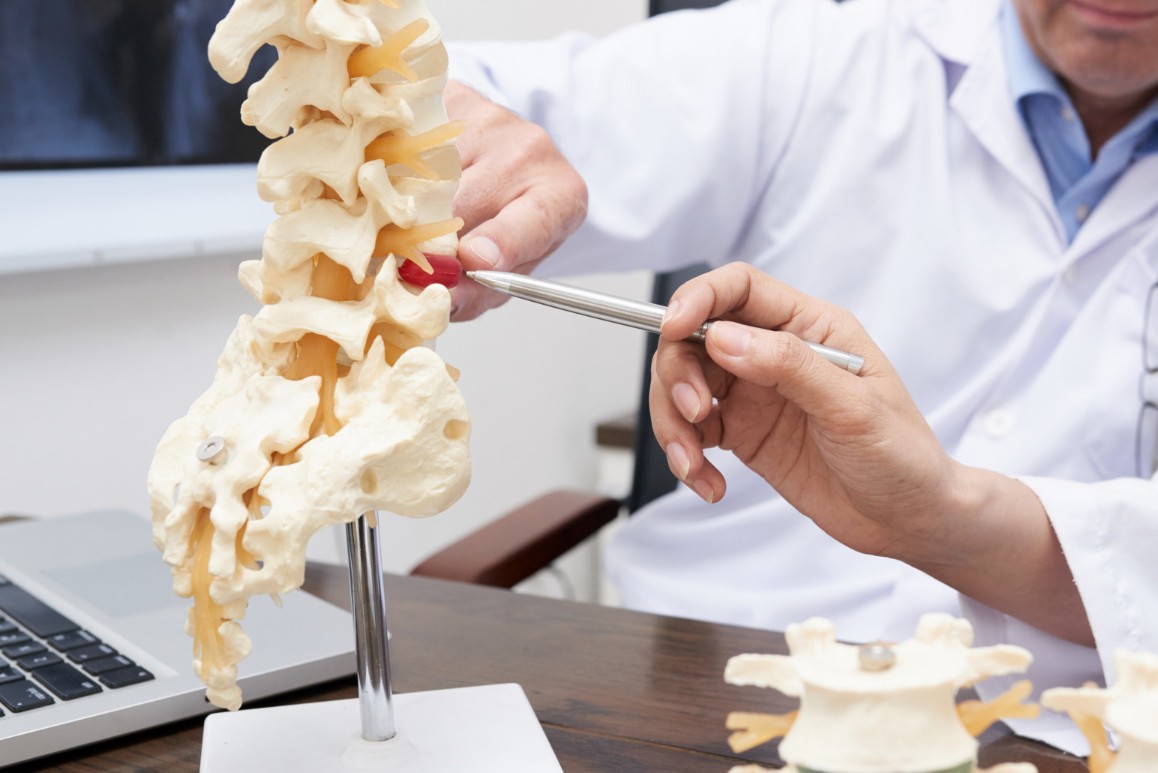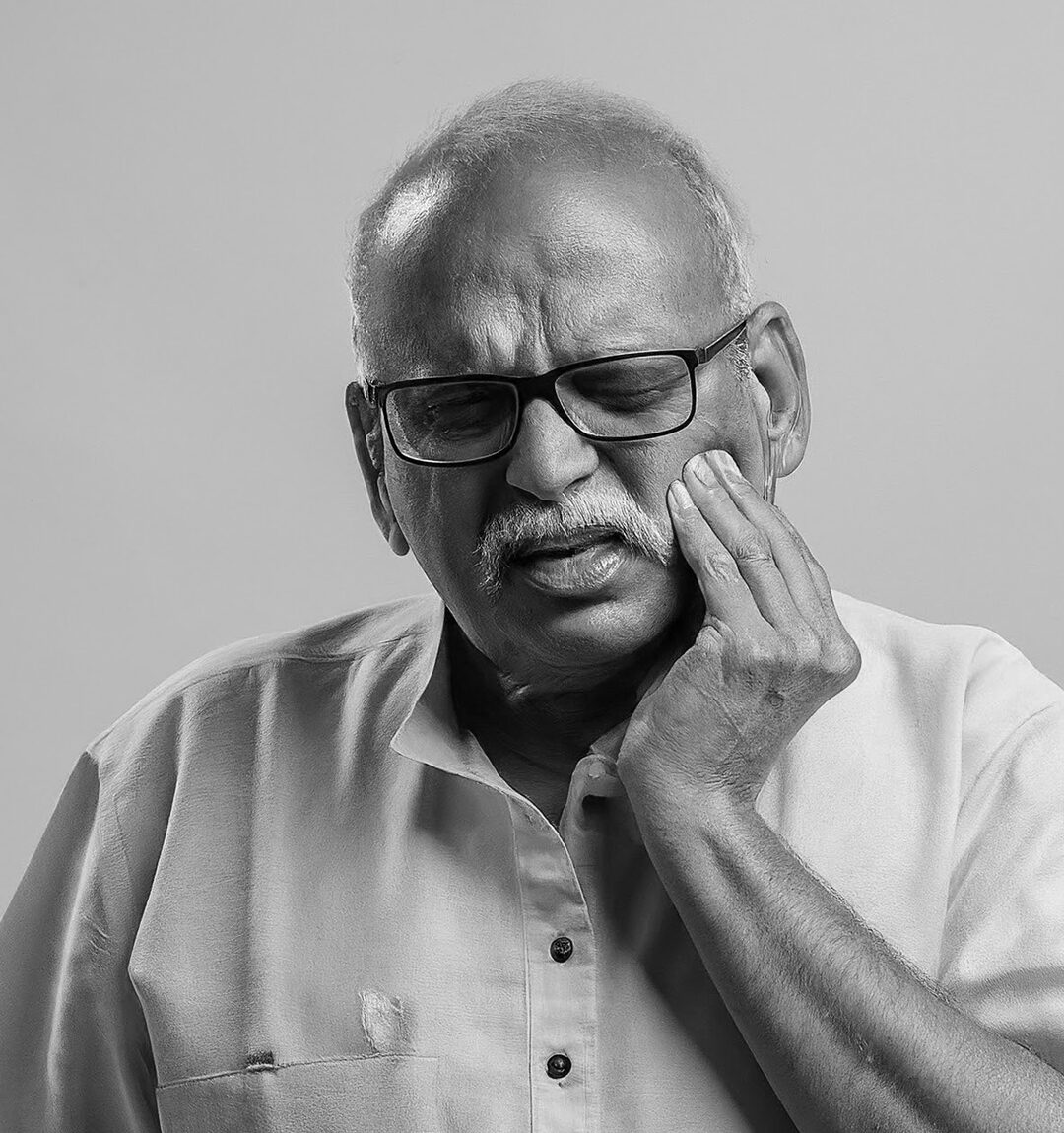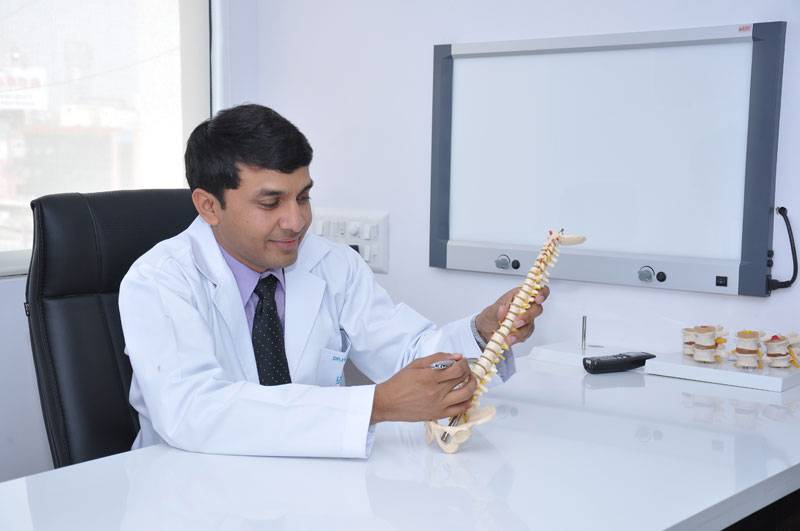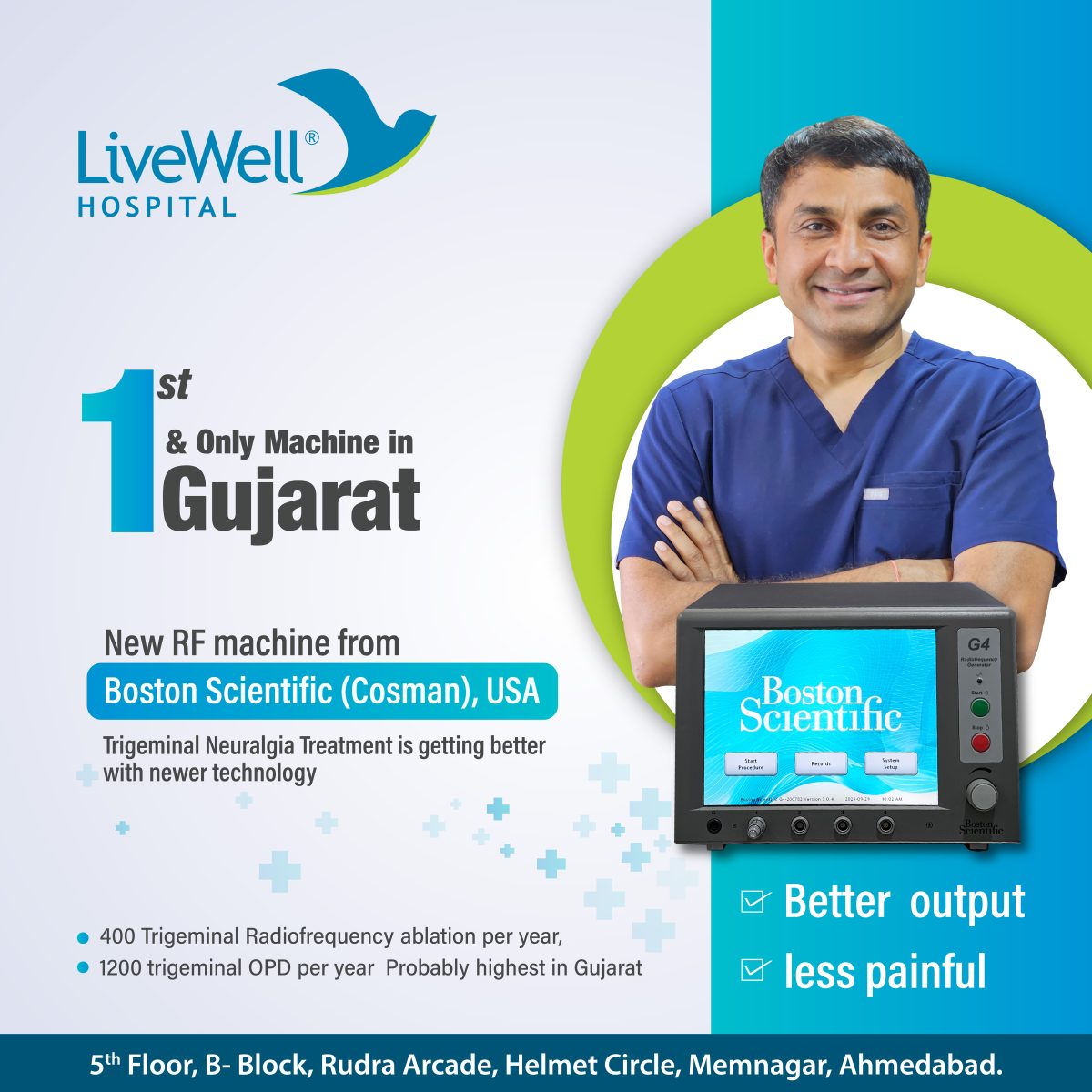A slipped disc – also known as a herniated or prolapsed disc—can cause significant discomfort, affecting your daily activities and mobility. Many people believe that a slipped disc will heal on its own with rest, but is that really true? While mild cases may improve over time, ignoring persistent symptoms can lead to worsening pain and complications.
Seeking timely consultation with a slipped disc specialist in Ahmedabad ensures proper evaluation and the best hospital for herniated disc treatment to prevent long-term damage.
Understanding a Slipped Disc
The spine is made up of vertebrae cushioned by discs that act as shock absorbers. When the soft inner core of a disc pushes through the tough outer layer, it can irritate nearby nerves, leading to pain, numbness, and weakness. The severity of symptoms depends on the degree of nerve compression and the location of the slipped disc.
Can a slipped disc heal naturally? On its own?
In some mild cases, the body can gradually reabsorb the herniated portion of the disc, reducing inflammation and pain. However, this process can take months and is not guaranteed. Meanwhile, untreated herniated slipped disc can worsen, leading to chronic discomfort, reduced mobility, and potential nerve damage.
Risks of Ignoring a Slipped Disc
1. Persistent or Worsening Pain
If a slipped disc continues pressing on a nerve, pain may become chronic and harder to treat.
2. Nerve Damage
Prolonged nerve compression can lead to weakness, numbness, or even loss of function in affected areas.
3. Loss of Bladder or Bowel Control
In rare cases, severe disc herniation can compress nerves controlling bladder and bowel function, requiring emergency medical attention.
4. Reduced Quality of Life
Ignoring symptoms can make simple activities like walking, sitting, or sleeping difficult, impacting your daily routine and overall well-being.
When to see a pain specialist
If you experience ongoing back pain, leg pain, or numbness that affects your ability to move or function, consulting a slipped disc specialist in Ahmedabad is crucial. Early intervention can prevent further complications and help restore mobility faster.
What are the slipped disc treatment options?
Non-Surgical Approaches
Many patients benefit from non-invasive treatments, including:
- Physical Therapy – Strengthening exercises improve posture and relieve pressure on the disc.
- Medication – Pain relievers and anti-inflammatory drugs help manage symptoms.
- Epidural Injections – Reduce inflammation and nerve irritation for lasting relief.
- Lifestyle Modifications – Proper posture, weight management, and ergonomic changes can prevent worsening symptoms.
Advanced Pain Management Procedures
If conservative treatments fail to provide relief, minimally invasive interventions are available, including:
- Transforaminal Block – A targeted injection to reduce nerve swelling and alleviate pain, performed under live X-ray guidance.
- Percutaneous Disc Decompression (Nucleoplasty) – A non-surgical bulging disc treatment that removes a portion of the herniated disc through a needle, relieving pressure on the nerve roots.
- Endoscopic Disc Removal – A modern, minimally invasive technique where the bulging disc is removed under direct vision using an endoscope, offering faster recovery and less post-procedure pain.
Surgical Treatments
In severe cases, surgery such as laminectomy may be required to relieve excessive pressure on the spinal cord and nerve roots. This procedure is performed under general anesthesia to remove the affected disc portion and restore nerve function.
Looking for the best slipped disc treatment in Ahmedabad? Click here to know more.
Don’t Ignore the Pain – Seek Expert Care
At LiveWell Hospital, our team of specialists, led by Dr. Hitesh Patel, the best slipped disc specialist in Ahmedabad, Gujarat, employs advanced diagnostic techniques to identify the root cause of your slipped disc.
If you’re experiencing persistent back pain, don’t wait – schedule a consultation with LiveWell Hospital – No. 1 hospital for slipped disc treatment in Ahmedabad and take the first step toward recovery.
Source/s: Banner image by freepik.com











